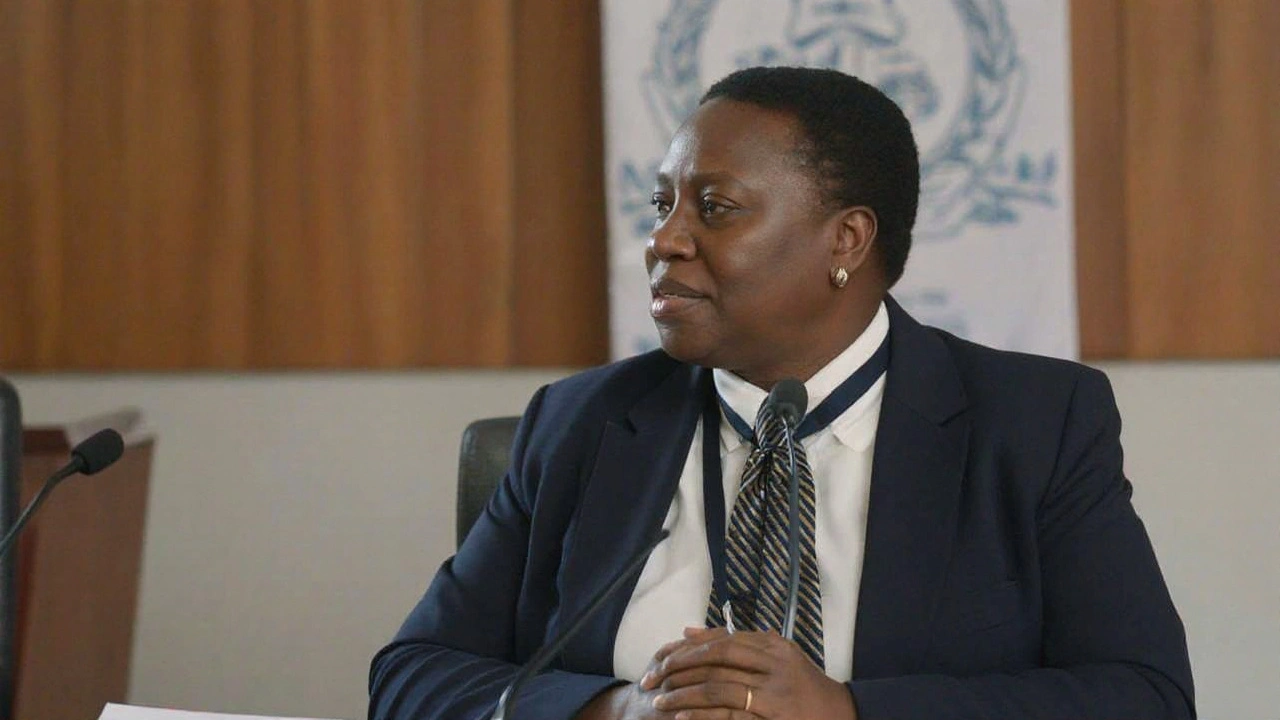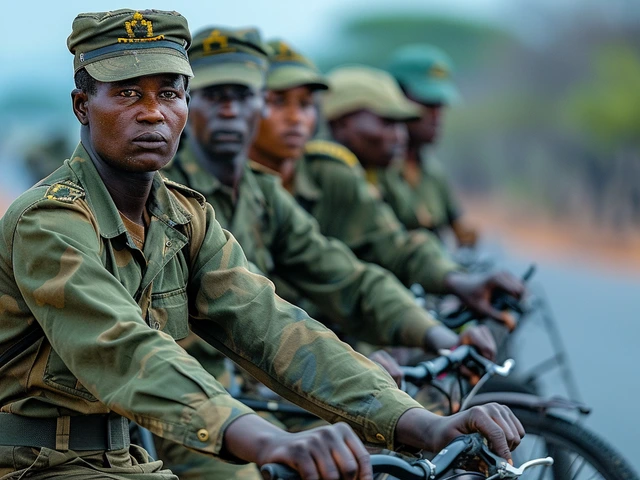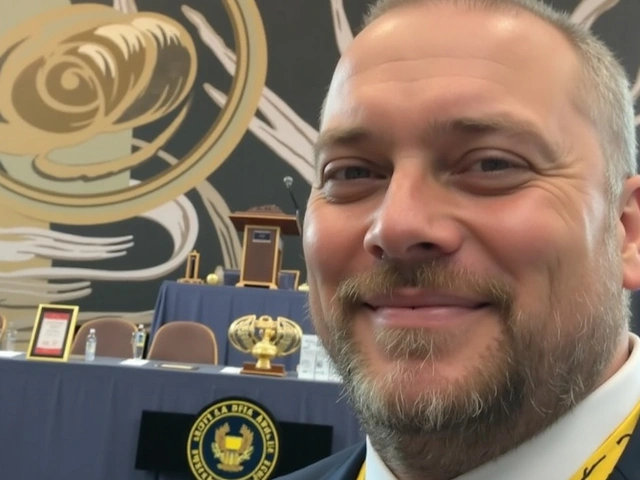Political Killings Task Team – What’s Happening and Why It Matters
Ever wonder what the Political Killings Task Team actually does? In plain terms, it’s a group set up by South African authorities to investigate suspicious deaths linked to politics. Their job is to trace who’s behind each case, collect evidence, and recommend legal action. The work is gritty, often happening behind closed doors, but the outcomes can reshape public trust in the justice system.
Why the Task Team Exists
South Africa has a painful history of politically motivated violence. When families lose loved ones under mysterious circumstances, there’s a demand for answers. The Task Team was created to give those families a clear path to truth, to stop impunity, and to show that the state takes these crimes seriously. By publishing regular reports, they aim to keep the public in the loop and pressure law‑enforcement agencies to act.
How You Can Follow Their Work
Want to stay up‑to‑date without digging through dense government PDFs? The Task Team posts brief updates on its official portal, and many news sites, including Ground Report Testing, pull the key points into easy‑to‑read articles. Subscribe to our tag page for real‑time alerts, and check our social feeds for live Q&A sessions that let you ask journalists direct questions about recent findings.
Each investigation follows a similar pattern: a death is reported, the Task Team opens a case file, forensic experts examine the scene, and investigators interview witnesses. When the evidence points to a political motive, the team escalates the case to the National Prosecuting Authority. In the past year, several high‑profile cases moved from ‘unsolved’ to ‘charged’, showing the process can deliver results.
What keeps the Task Team on its toes is the delicate balance between protecting witnesses and exposing powerful figures. Safety measures include anonymous reporting hotlines and secure transport for key witnesses. If you or someone you know has information about a political killing, reaching out through these channels can be a vital step toward justice.
Critics sometimes argue the team is too slow or that its recommendations get buried in bureaucracy. That’s a fair point, and it’s why public pressure matters. When citizens share stories, sign petitions, or attend community forums, they push officials to prioritize cases that might otherwise sit on a shelf.
From a broader perspective, the Task Team’s work feeds into South Africa’s human‑rights agenda. International bodies monitor how the country handles politically motivated violence, and transparent investigations boost the nation’s reputation on the world stage. That, in turn, can affect everything from foreign aid to tourism.
Bottom line: the Political Killings Task Team is more than a bureaucratic label. It’s a mechanism that can turn grief into accountability, silence into evidence, and doubt into reform. Keep an eye on this tag page for the latest reports, expert analysis, and practical ways you can help drive the process forward.






